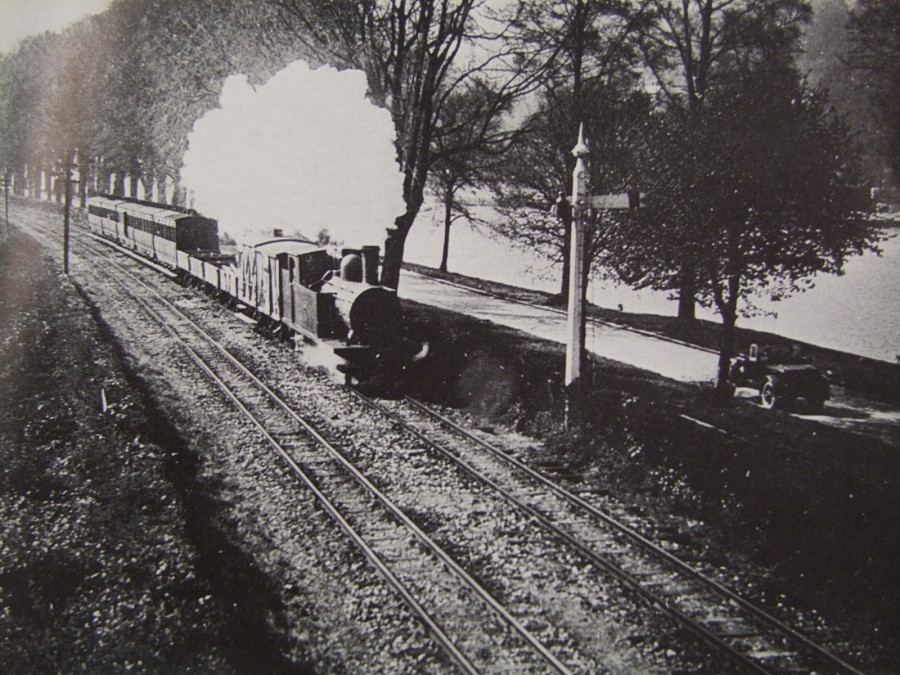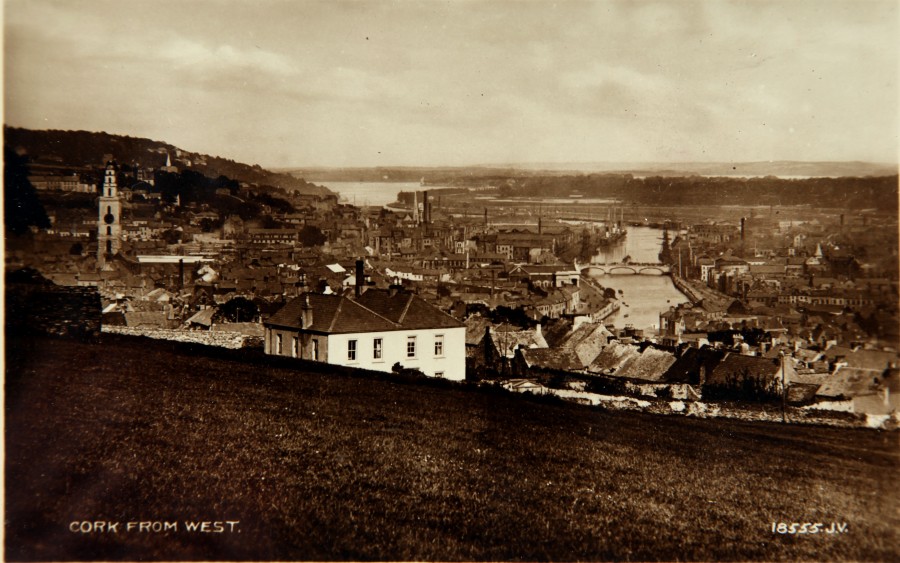
Kieran’s Our City, Our Town Article
Cork Independent, 14 April 2016
Talk on Daily Life in 1916
Next Saturday 16 April at 11am, as part of the Lifelong Learning Festival Week, I will give a talk on Cork and daily life in 1916 in the Cork City and County Archives in Blackpool (all free, all welcome). It will form part of the half day seminar entitled Cork and the Easter Rising. Speakers will also include Dr John Borgonovo (UCC), Cork and the 1916 Rising (12noon); at 1.30 pm Rosaleen Underwood (Prof. Genealogist) will speak on Roibárd Langford, His Family History and his role in 1916 in Cork (Lieutenant, Cork No. 1 Brigade). Mark Cronin will speak on Blackpool in 1916: A Cork Suburb at the Crossroads (2.30 pm). Come for one talk or all of them. Booking at 0214505887.
I am currently working on a project that takes the year 1916 from the point of view that there were multiple conversations to be heard during the year – a kaleidoscope of ideas which provided the context and framework for revolution – everyday life being one – some led Cork citizens to connect with the Republican mantra at the time and others to just maintain existence, survive and struggle with the bleakness of a national and local economy. Entering the Cork Examiner on 1 January and progressing page by page one discovers key nuggets about the nature of Cork society, the soul of Ireland’s southern capital, the ongoing conversations about maintaining a contemporary status of being one of Ireland‘s distinguished port cities, and all the advantages and problems that run with that.
January 1916 begins with the aftermath of a winter storm – buildings were windswept and damaged, transport networks such as the City’s tramways were indented – as such there was nothing the Corporation of Cork and the citizens could do but sit it out and wait; much was out of their hands; the storm was something bigger than themselves. Indeed, the thread ‘much was out of their hands’ permeated throughout Irish society at this time – pervaded Cork society at this time. Despite, the rationing of food and materials, the pulses of society in Cork retained it as an ambitious place. Unemployment, jobs, requests for wage increases, Union Interventions, the role of employers and the needs of rate-payers reverberate in the pages throughout the year. The debates of the Cork industrial Association pops up in discourse throughout the pages of the paper, their efforts culminating in the large scale announcement of Ford Tractor and Car manufacturing coming to Cork in 1917. The Cork Harbour Board revelled in this announcement as well as plans for the physical rejuvenation of its quays. Another artery of the city was its train network travelling into County Cork. One can read about the benefits of such lines as the Cork Bandon and South Coast Railway, the Cork Muskerry Tram, the Cork Blackrock and Passage Railway Line connecting people, animals, fisheries and place from the coast and hinterland to the city and vice-verse – igniting the region and city into one. The same direction was pushed by the Munster Agricultural Society – whose aims consistently led to discussions on the role of land, cattle, the prices of Ireland’s traditions and industries – exports destinations, and ultimately the intertwinement into the British Empire.
The city’s institutions such as its hospitals – Mercy Hospital, South and North Infirmary, and institutions such as the City and County gaols, the Magdalene Asylum, the Sailor’s Home as well the City’s workhouse or Cork Union record the need to address the needs of society and to provide more financial aid and food to citizens immersed in large scale poverty.
The other pillars of Cork Society were its educational ones – the core schools that appear are the North Monastery, the South Presentational Convent, Crawford Municipal Technical Institute and the Cork School of Commerce. All continue through the press to showcase the importance of education and life-long learning in escaping from poverty and to help the overall societal pull to a better life.
The role of the Catholic church in society is ever felt – the refusals to leave cinemas open on a Sunday, the role of public professions of faith in galvanising public expressions of religion through events such as the confraternities and Corpus Christi, are written about in depth. The death of Bishop O’Callaghan ended another chapter in the city’s religious life and opened a new one on the rise of Bishop Cohalan and his take on non-violence and faith-based community approaches.
The public representation by City Councillors and Lord Mayor Butterfield on municipal issues from the provision of social housing to park provision is enormous– there is the role of escapism in the programmes of Cork Opera House, the Palace Theatre – and even in Cork Park Racecourse – as horses galloped across its mud-soaked landscape. GAA matches, athletics, handball, cricket are all recorded in depth on the Monday edition.
There is much to learn from this time – not just on the political side but that life itself in any city keeps moving and that society needs to grow and evolve with it – and that even from a dark time in Ireland’s past, there is much to learn about the diverse framework of historical events and how they shape our lives and our future.
Captions:
839a. Cork Blackrock & Passage train, The Marina, c.1920 (Source: Cork City Library)
839b. View of Cork c.1910 (source: Cork City Museum from the book, Cork City Through Time by Kieran McCarthy & Dan Breen)

